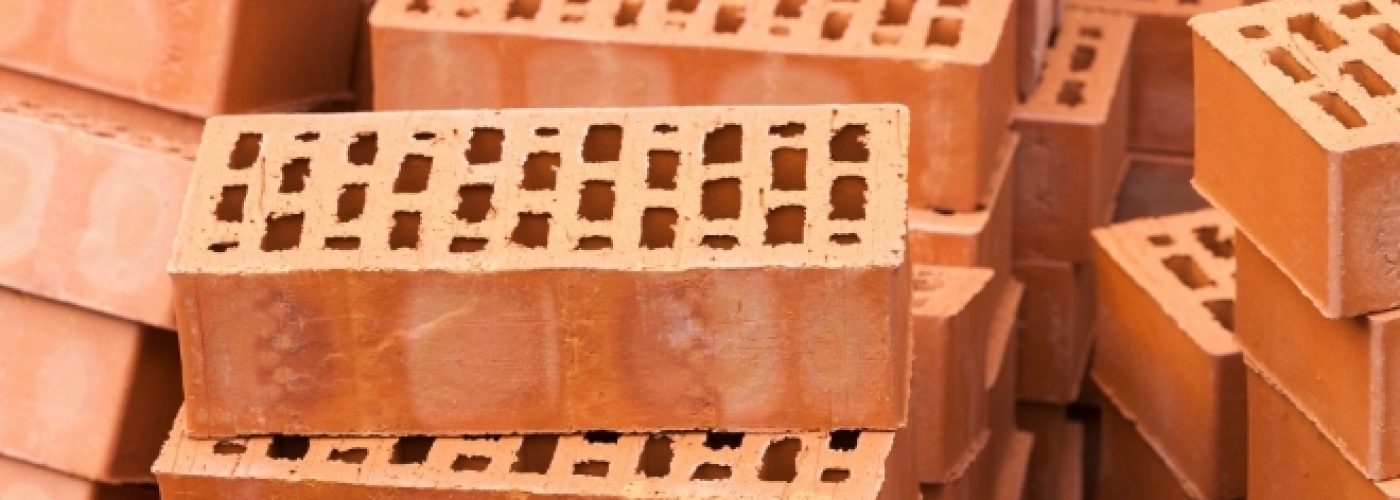Bricks shortage “significant factor” in rising house prices: NAEA


A shortage of brick supply has been a contributing factor in rising house prices over the past decade, as growing demand continues to outstrip availability of housing, according to the National Association of Estate Agents.
Its report shows that even with willingness from contractors to build homes following Brexit, the UK’s construction sector would require a total of 1.4 billion bricks in order to resolve the housing shortage in the UK.
NAEA believes that the impact of Brexit could instead “significantly worsen the issue”. In 2015, 85% of all imported clay and cement (primary brick components) came from the EU, and so depending on how trade negotiations develop, Brexit could have a considerable impact on supply.
Brick stock steadily declined between 2008 and 2013 and only partially recovered in 2014 and 2015. Two-thirds of small and medium-sized construction businesses faced a two-month wait for new brick orders last year, with almost a quarter waiting for up to four months and one in six (16%) waiting six to eight months.
Alongside the shortage of bricks, a skills shortage in the UK has also restricted housebuilding as construction based jobs are decreasing in popularity. This is a result of housebuilding slowing down during the recession, prompting workers to find alternative careers, and many choosing not to return when the market recovered.
NAEA has also raised concerns that the recent vote to leave the EU may impose greater restrictions on foreign workers coming into the UK, which could also compromise the UK’s ability to build homes. Additionally, fewer young people are obtaining the training necessary to fill roles in the field so trade bodies are now calling for government incentives to make construction apprenticeships more attractive.
Mark Hayward, Managing Director, National Association of Estate Agents, commented: “We all know that the massive lack of supply in housing is an issue that needs resolving urgently. As well as freeing up more land to ensure we can build the right sort of houses in the right places, it’s crucial we have the right materials and skills to do so. It seems a simple consideration but the fact that we don’t have enough bricks to meet demand has a very real effect and holds up the process from beginning to end. We’re concerned that the impact of the EU Referendum means this problem could get worse as we rely on the import of brick components from the EU and of course many of our skilled labourers come from there too.
“The UK housing market is in crisis, with young buyers unable to get on the ladder, and families continuing to live in houses they’ve out-grown for longer than traditionally they would have had to. Houses may be getting smaller but we are needing to build more of them than ever so ultimately our needs for bricks is greater than before. We need investment in the sector to boost production, and housebuilding needs an image overhaul, to become a more attractive career prospect for school leavers and graduates.
“Until this is addressed, we might as well resign ourselves to a life time of astronomical prices and falling levels of home-ownership.”
However in response, The Brick Development Association, representing brick manufacturers in the UK, has called the NAEA’s report “out of date and and unhelpful”, stating that brick production has risen significantly over the last two years.
Andrew Eagles, CEO of the BDA, commented: “This is a lazy analysis. We can report with absolute authority that there is no shortage. There has been a significant increase in brick production over the last 15 months and this is confirmed by the ONS statistics. The Construction Products Association, Builders Merchants Federation and major house builders also confirm that they have not seen any issues with brick supply in the last year.
“The report for the NAEA citing a brick shortage is based on data from April 2015. This is 15 months out of date. It is misleading and damaging for the brick and construction industry. Indeed, in the second quarter of 2016, deliveries have been 10.4% higher than in the first quarter.”





